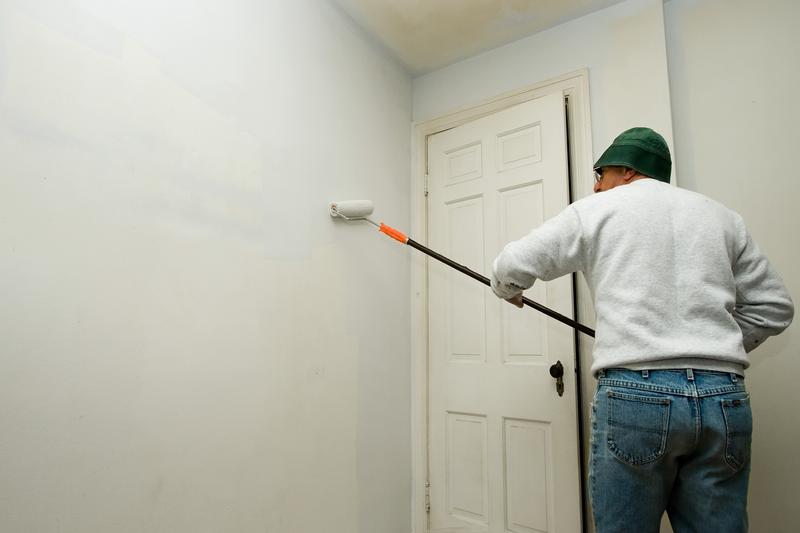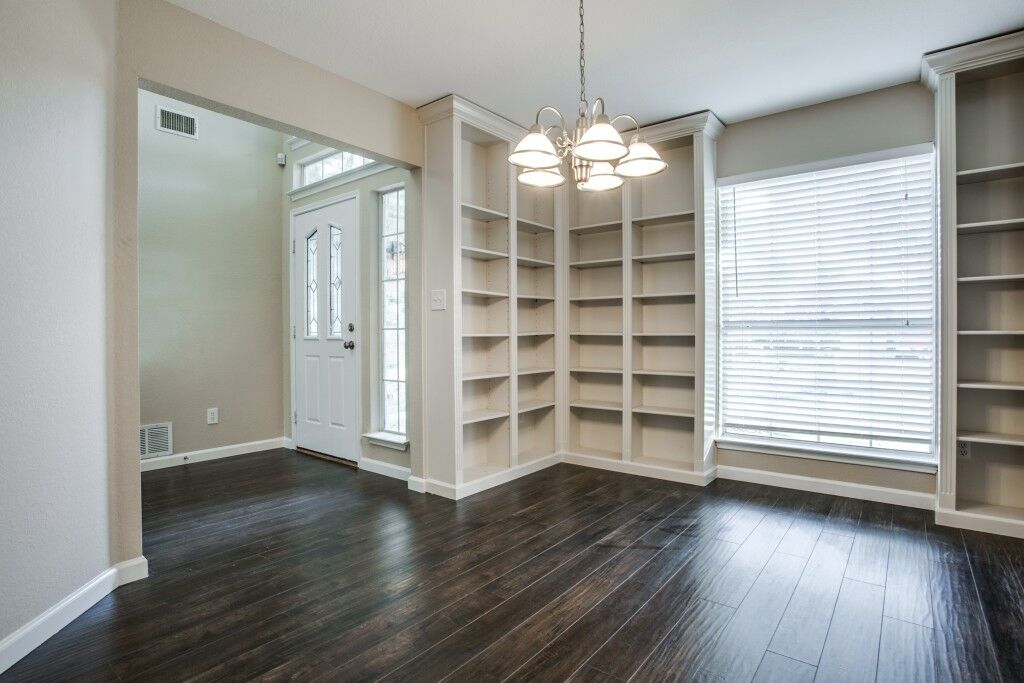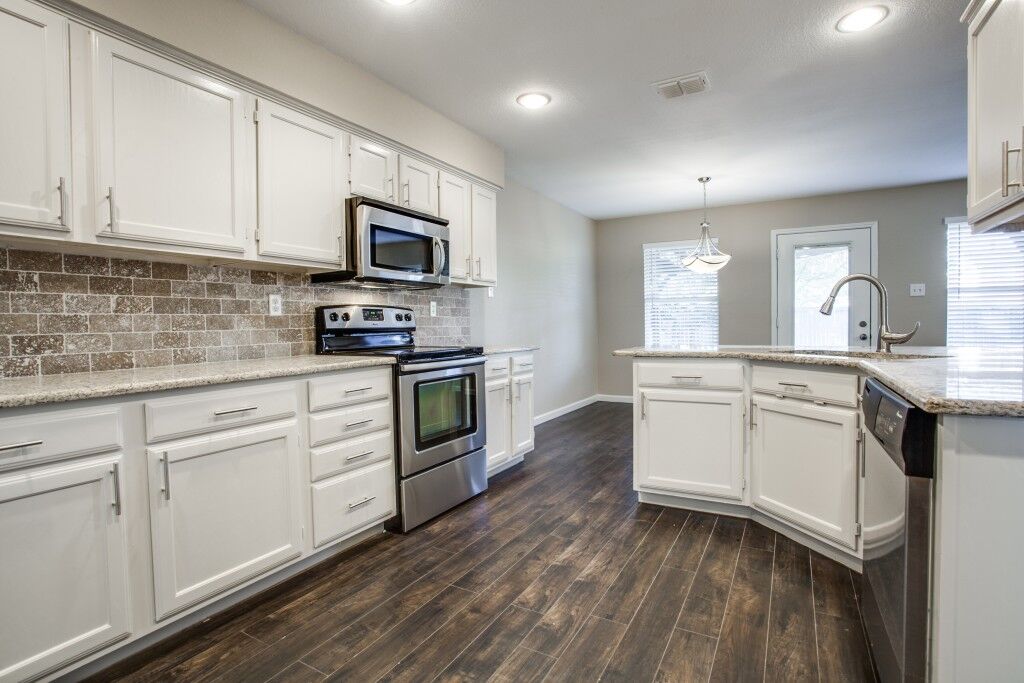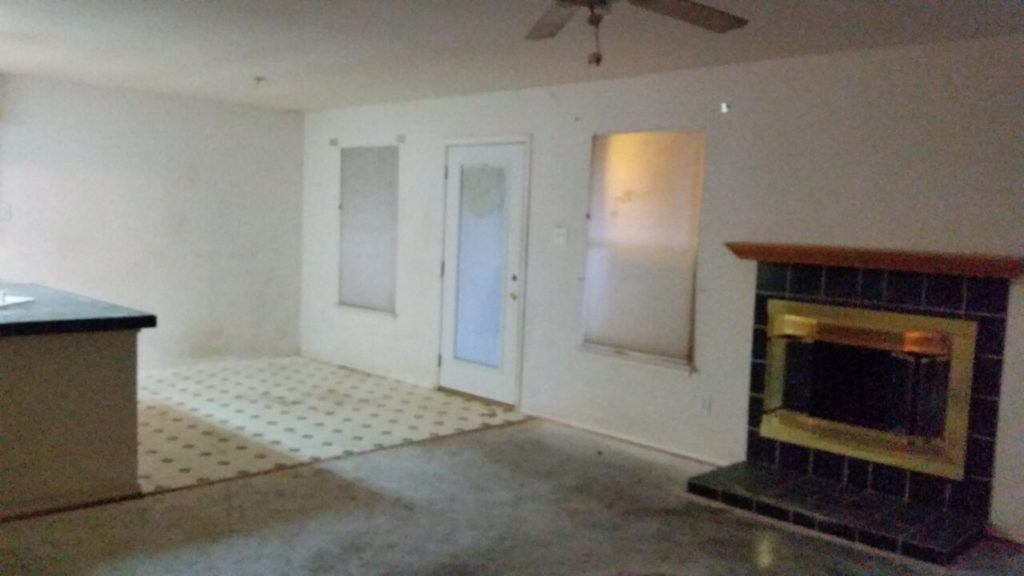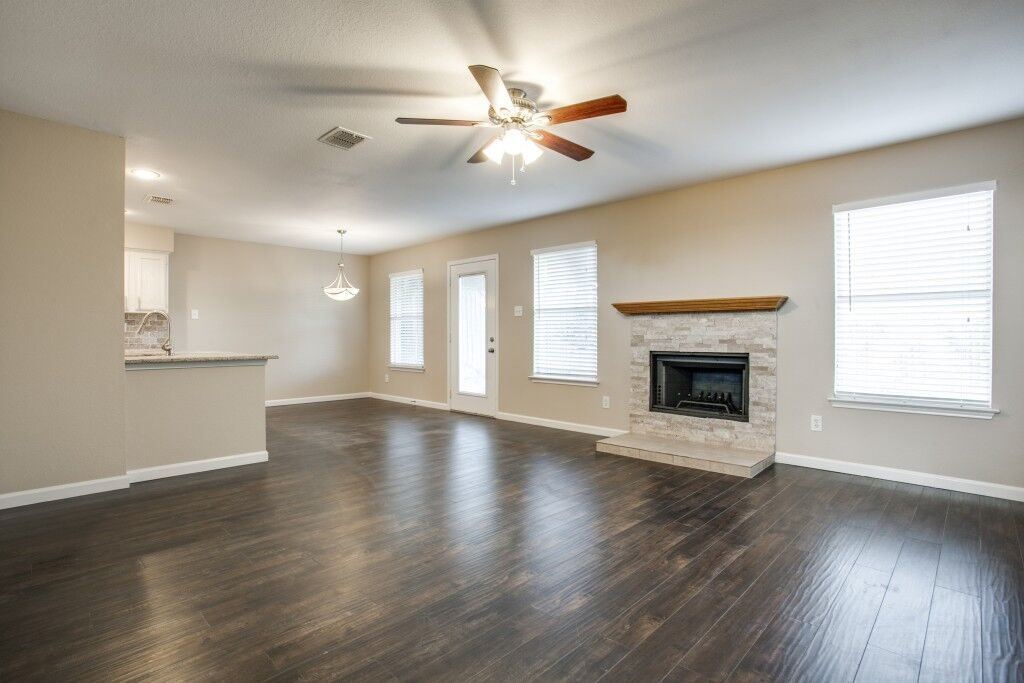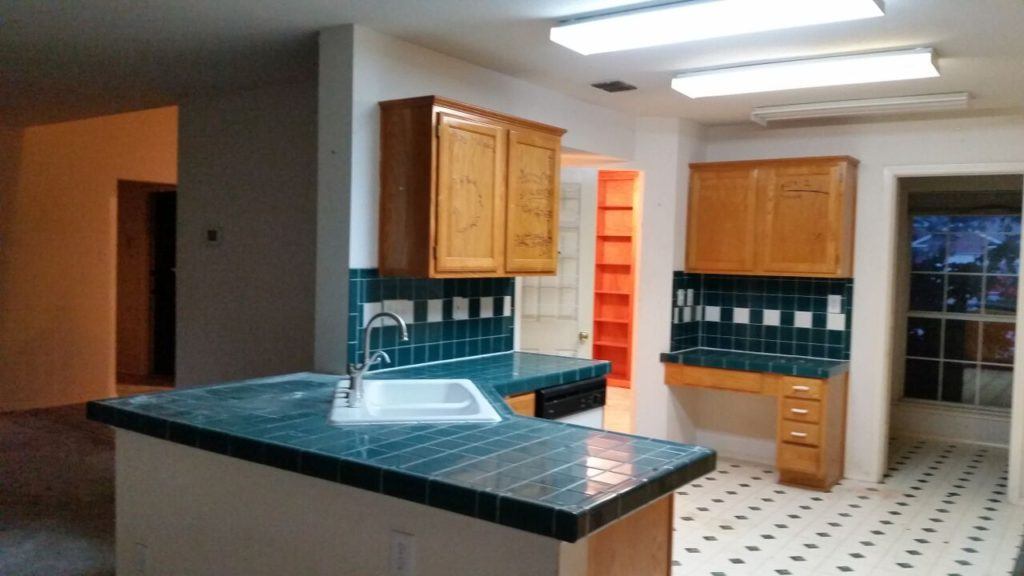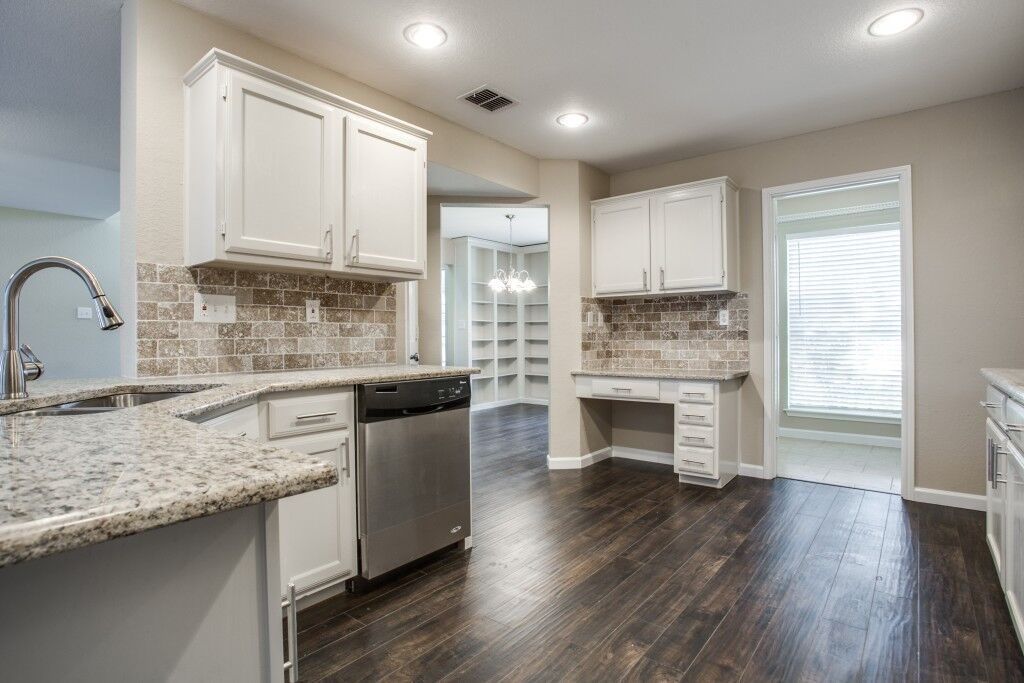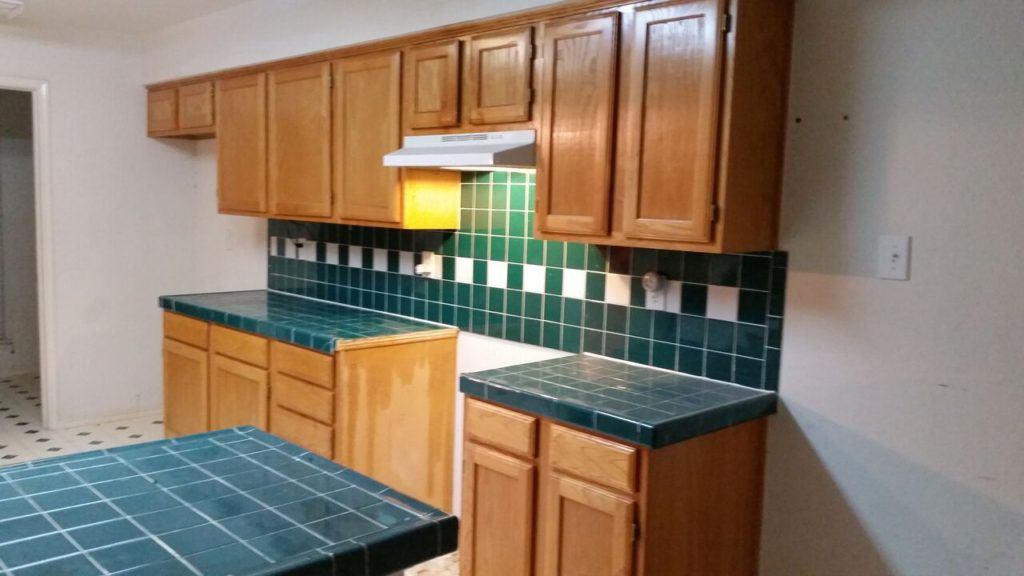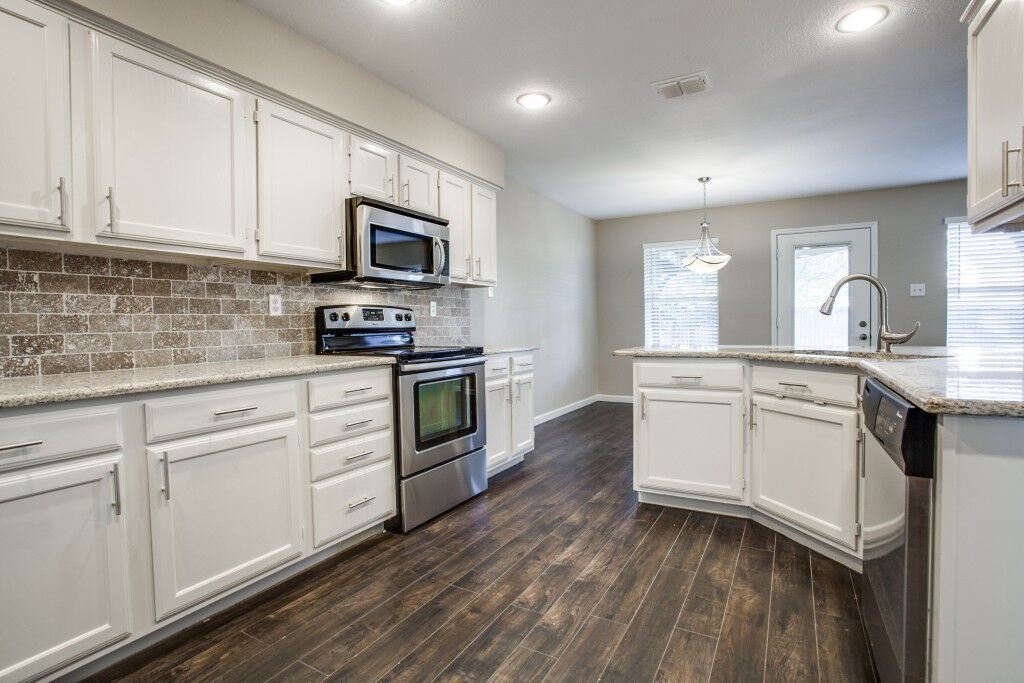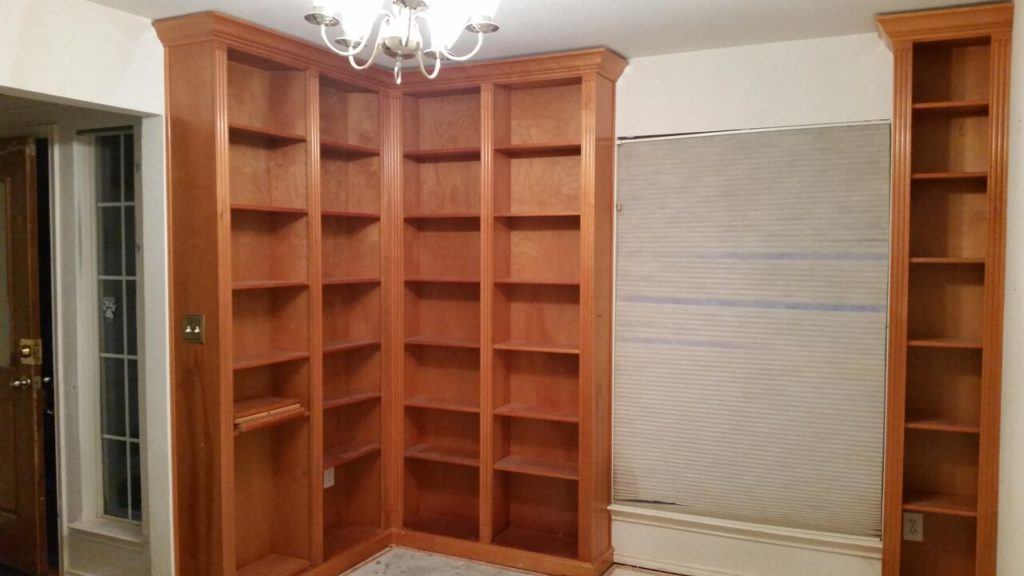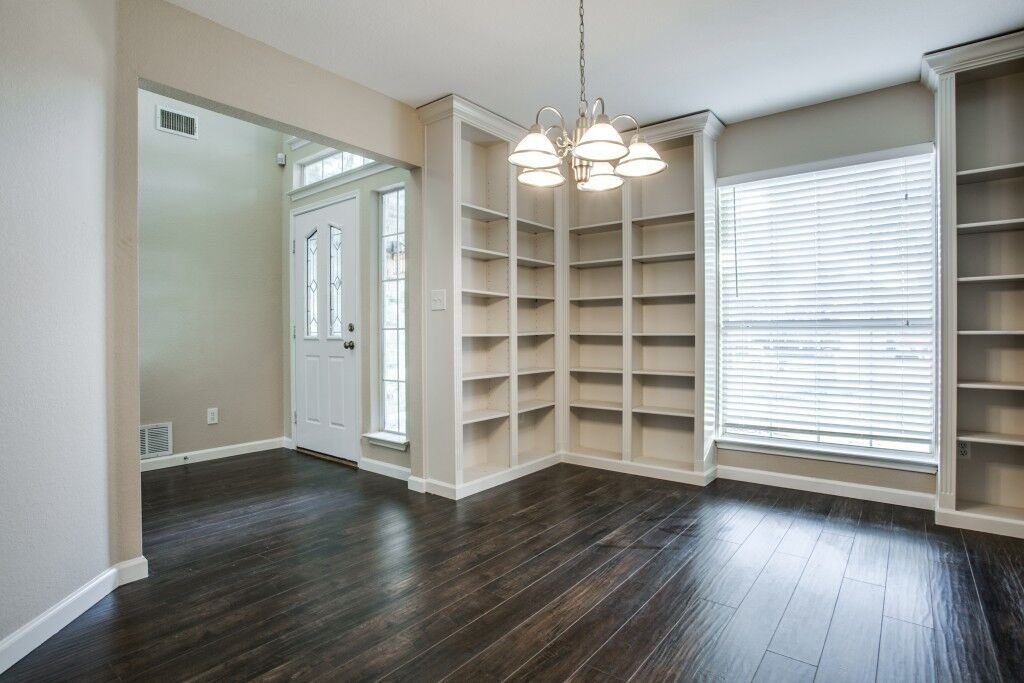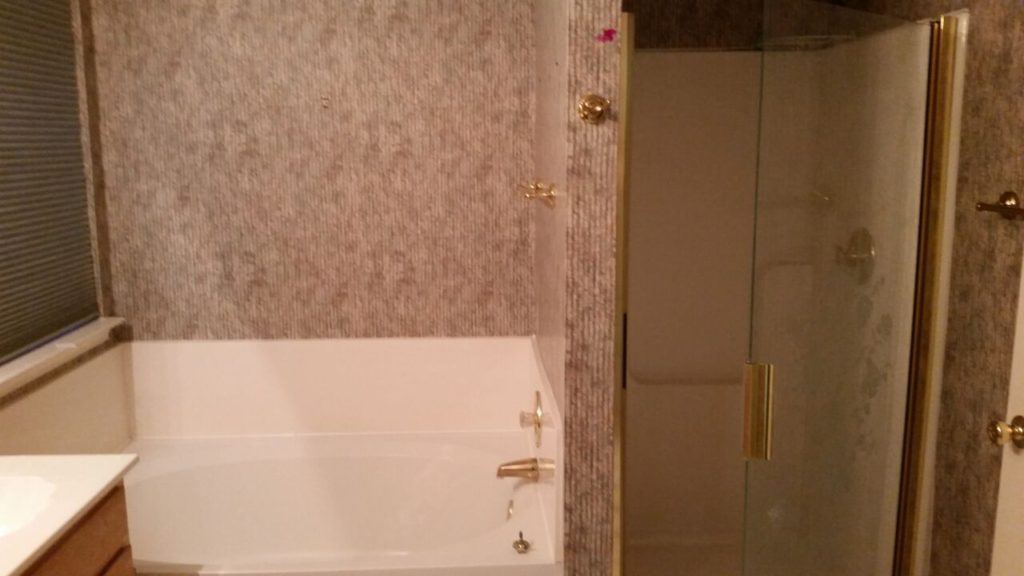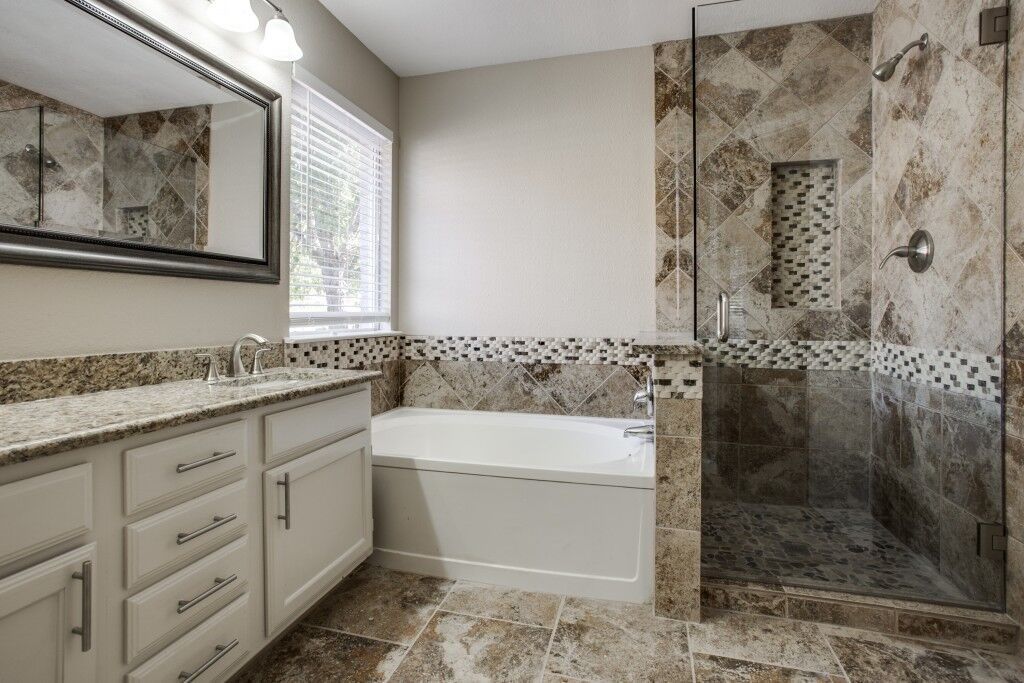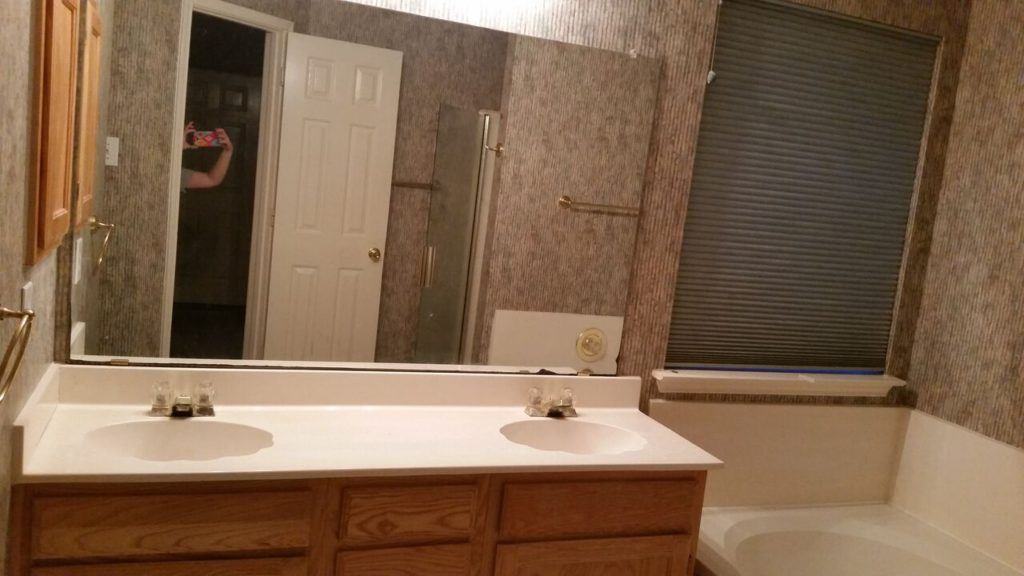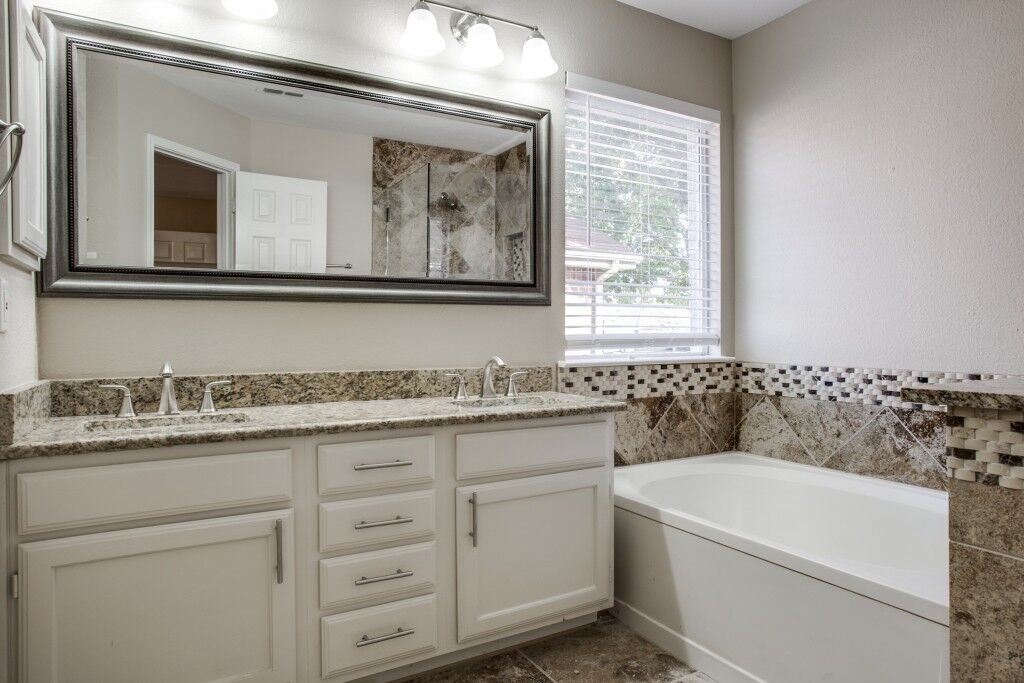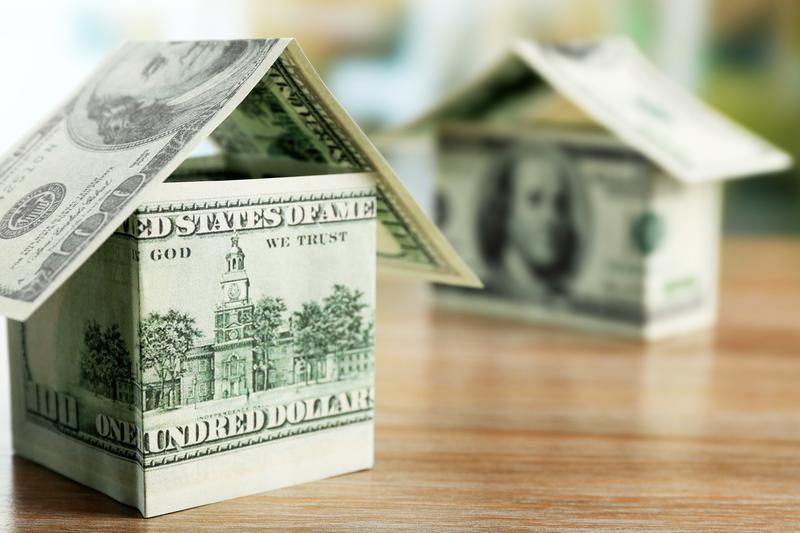Preparing a home for sale can be stressful and costly, but it doesn’t have to be. First, it’s important to change your mindset. Try to think about the house as a product rather than your home, like a realtor would. That way, you will be able to look at it more objectively. It is important to make your home look attractive to someone seeing it for the first time. A potential buyer’s first impression is critical, so make it count. Here are five inexpensive insider tricks that will help you get the best price you can when selling your home.
1. Remove Clutter
Selling your home means moving, so this is a great time for you to donate, sell, or throw away anything you don’t need. And removing clutter will make your home look larger. Potential buyers look for useable space. Clearing away clutter will make it easier for potential buyers to imagine their family living happily in your home.
People coming to see the house will undoubtedly look into your closets and cupboards, so make sure everything is well organized. Remove books from bookshelves. Keep kitchen counters clean and put away small appliances. Put away family photos to depersonalize the home. Remove extra leaves from your dining table to make your dining area feel more spacious.
2. Think About Renting a Storage Unit
Make the most of the space you’ve got. Store extra chairs, bookcases, filing cabinets, and anything else that you don’t need right now. Items like treadmills and things in your garage are also good choices for a storage unit.
3. Add a Coat of Fresh Paint
Nothing says fresh and clean like a new coat of paint. Since painting is usually a do-it-yourself project, it is one of the least expensive changes that will give you the highest return. Make sure to choose neutral colors.
4. Update Kitchen and Bathrooms
The most noticed rooms in the house are the kitchen and bathrooms, and they can be deal breakers. Even with a limited budget, you can give them an updated look. Along with a fresh coat of paint, new hardware can go a long way toward giving dated cupboards and cabinets a new look.
Clean cabinets and cupboards with a wood surface cleaner. Replace worn-out caulking to give your rooms a cared-for appearance. Keep bathroom counters clean and clutter-free.
5. Make Floors as Good as New
The condition of the floors can wind up as a negotiating point for home buyers. Worn-out, stained carpet should be replaced if professional cleaning doesn’t do the job. Carpet is relatively easy on the budget, and new carpet can be a good selling point for your realtor.
Selling your home is a big step. With some reasonably painless projects, you will be able to get the full value of your house. Remember to look at your home as objectively as possible. In fact, during the process of getting it ready to sell, drive up and go in as if y a potential buyer. What is your first impression? Would you want to buy it? If the answer is “yes,” you’ve done a good job getting your house ready to sell.



